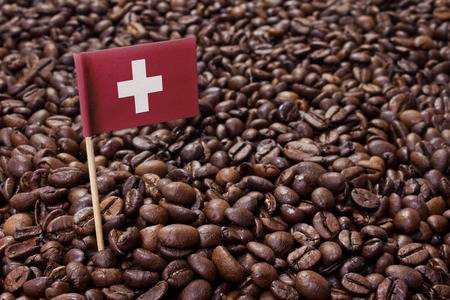MILAN — After a public outcry, Switzerland has reconsidered a proposal to put an end to the emergency coffee stockpile for the population. This April, the government raised a few eyebrows when it announced that it was planning to phase out the practice of maintaining an emergency reserve of three months’ worth of coffee (about 16,500 tons of green or roasted coffee).
The Federal Office for National Economic Supply (Fones) considered that coffee “was no longer a vital good” and that because of its low-calorie content it did not contribute to the daily energy intake required by a human being.
The coffee industry and consumers disagreed. A lobby group that includes coffee traders, roasters and cafes painted scenarios like a war in the Middle East or a coffee plant epidemic that could halt trading.
A poll on Twitter by supermarket chain Migros, which owns coffee subsidiary Delica, showed two-thirds of the respondents said they could hardly imagine a life without it.
The final decision was meant to be taken in November but has now been pushed back to January after the coffee industry backed keeping the reserve.
“This delay suggests the administration is planning a change of direction,” an official at reservesuisse, the organisation which helps manage the nation’s strategic food and grain reserves and which wants to preserve the coffee stockpile, told the Reuters news agency on Monday.
The role of the coffee industry is important as the responsibility of maintaining reserves rests largely with the private sector, not with the authorities. For example, an importer of coffee will be required by law to store some of it for emergency use.
This avoids the need to build up large reserves in one place. In return, Switzerland finances the storage costs of companies through a reserve fund managed by the reservesuisse organisation. The cost of managing these minimum reserves is CHF14 ($13.70) per inhabitant per year.


















